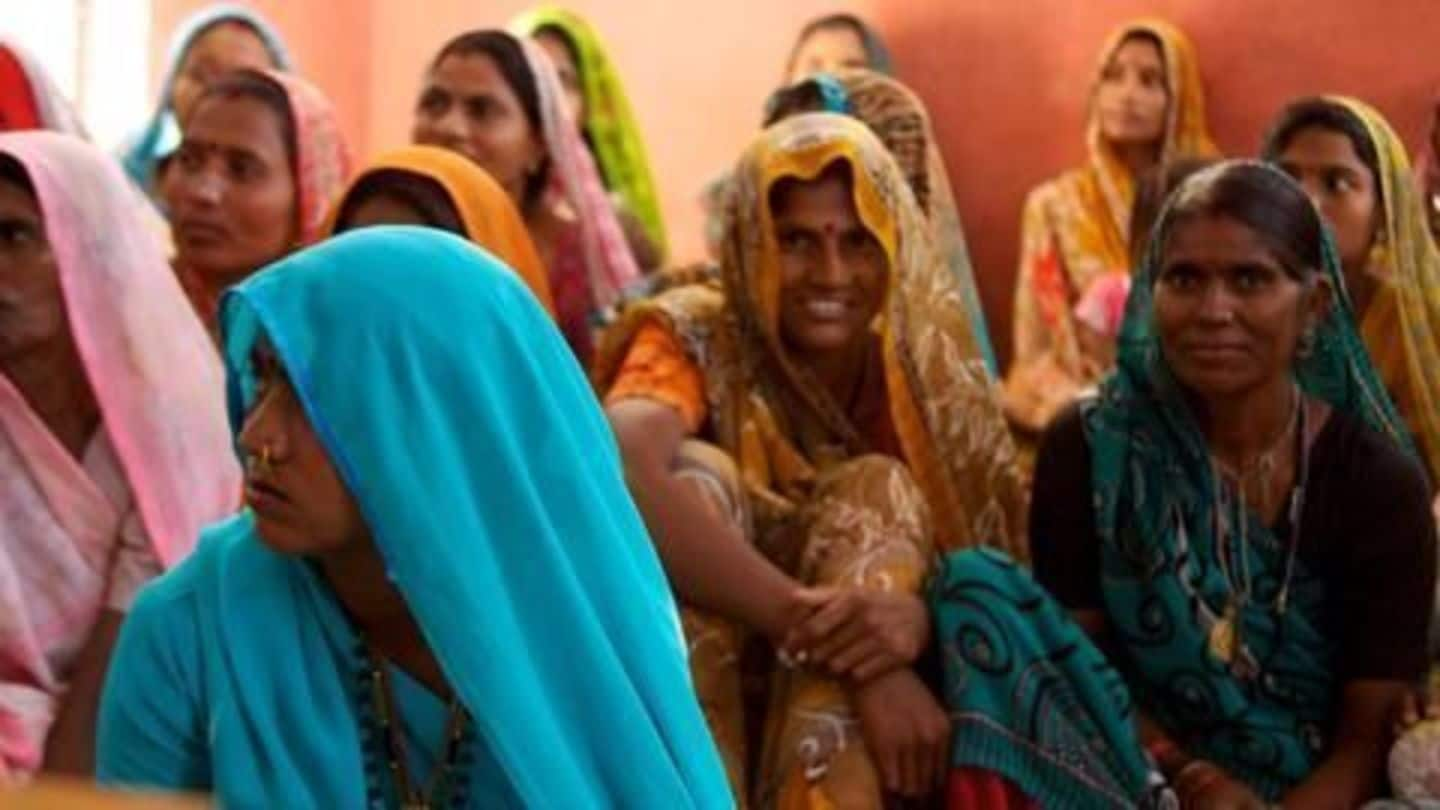
"Tele-law" initiative for rural India, launched by the government
What's the story
In a bid to make legal aid more accessible to the rural populace and marginalized communities, the Indian government has launched the "Tele-law" initiative to help rural individuals access legal experts through video conferencing. The initiative was the result of a joint effort by the Ministry of Law and Justice, and the Ministry of Electronics and Information Technology.
Information
The government's roll out plans
Now, in its first phase, the Tele-law initiative is being rolled out in 500 Common Service Centres (CSCs) across Uttar Pradesh and Bihar. The number of centres will be doubled in the next phase with the aim of covering 1,800 CSCs in 10 states.
Idea
The idea behind the initiative
The initiative eventually aims to create access points to legal aid at the panchayat level all across the country using technology-based platforms. The government plans to do this by using its extant Common Service Centre (CSCs) networks at the panchayat level where computers connected to the Tele-law platform will allow individuals to connect to legal experts via video conference.
Do you know?
Tele-law aims to strengthen access to justice
Apart from being an access point to lawyers, the Tele-law platform will also allow NGOs, law school clinics, District Legal Service Authorities, and voluntary service providers working in legal aid and empowerment to connect to individuals to strengthen accessibility to justice.
Procedure
The procedural framework for Tele-law
Under Tele-law, every CSC has to have a Para Legal Volunteer (PLV). These PLVs, who are responsible for awareness creation and explaining legal issues, will be the first point of contact between individuals and legal experts. The PLVs will not only refer cases to relevant experts, but will also have to explain legal advice and assist in further action if advised by the lawyer.
Do you know?
Women empowerment through Tele-law
In its first phase, the government is looking to train 1,000 women as PLVs to promote women empowerment, entrepreneurship, and participation in the programme.